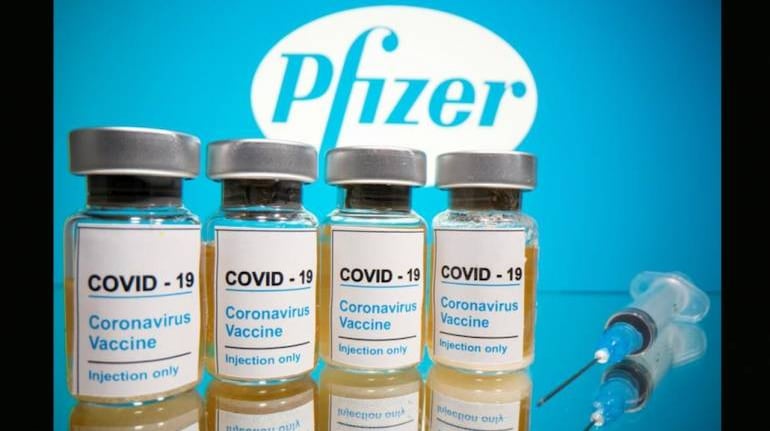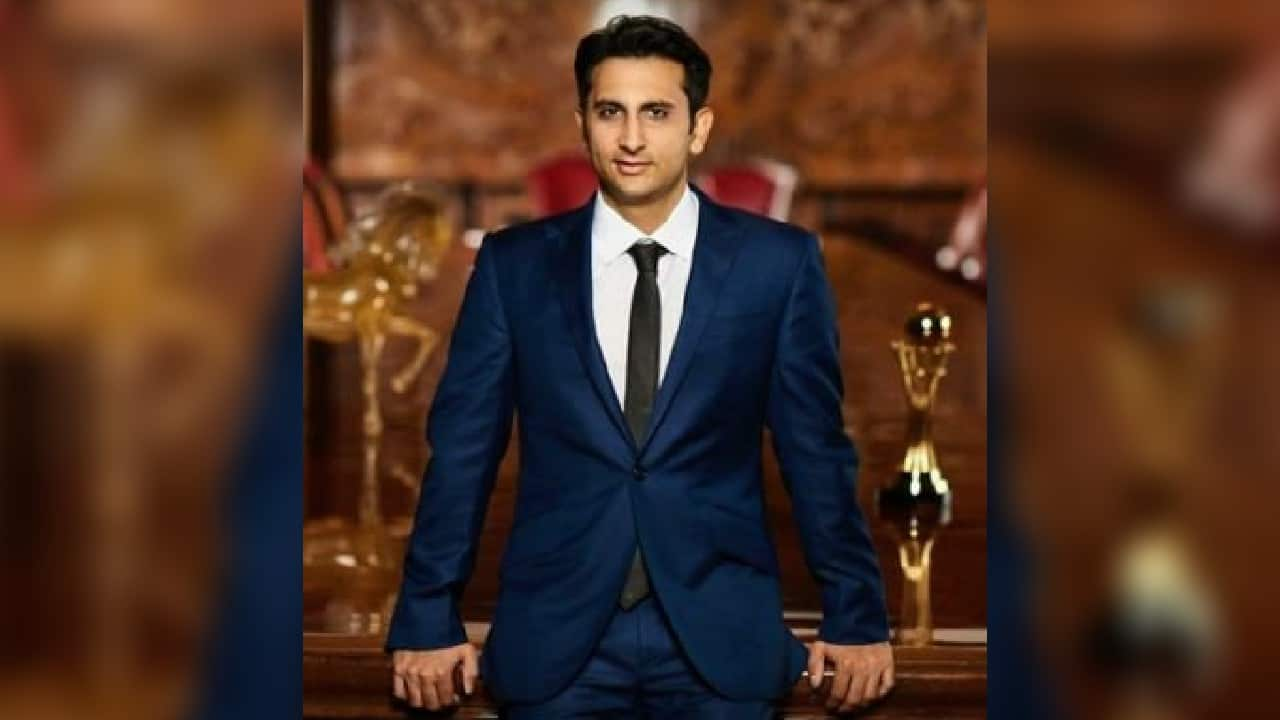Pfizer to supply US with 100 million more COVID-19 shots by July
The agreement brings the total number of doses to be delivered to the United States to 200 million, allowing for 100 million people to be vaccinated.
Reuters
December 23, 2020 / 07:14 PM IST
Pfizer Inc will supply the United States with 100 million additional doses of its COVID-19 vaccine by July next year, the US drugmaker said on Wednesday.
The agreement brings the total number of doses to be delivered to the United States to 200 million, allowing for 100 million people to be vaccinated.
Pfizer and German partner BioNTech SE will deliver at least 70 million doses by June 30, with the balance of the 100 million doses to be delivered no later than July 31, the company said.
Follow our LIVE blog for the latest updates on the New COVID strain
The US government will pay $1.95 billion for the additional 100 million doses, bringing the total paid to Pfizer to nearly $4 billion.
The government already has a deal with Pfizer for 100 million doses of the vaccine, which are being rolled out across the country after the shot won emergency use authorization earlier this month.
Pfizer's two-dose shot is one of the two granted emergency approval in the United States, the other being rival Moderna Inc's vaccine based on a similar technology.
The new deal will help the United States bolster its vaccine supply, as it grapples with a nationwide spike in infections that added more than a million new cases in just six days, according to a Reuters tally.
More than 600,000 Americans have received their first COVID-19 vaccine doses as of Monday, according to the Centers for Disease Control and Prevention (CDC).
Follow our full coverage of the coronavirus pandemic here.










_2020091018165303jzv.jpg)


























